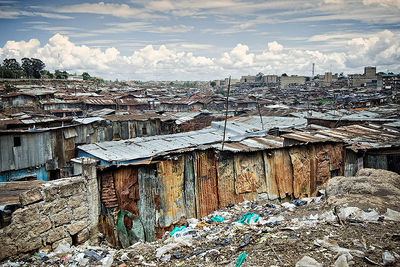Welcome to Citizendium: Difference between revisions
imported>Pat Palmer (removing more duplications (Help system is there twice, and explanation of home page is obvious)) |
imported>Pat Palmer (Moving "Why contribute" up to registration section) |
||
| Line 15: | Line 15: | ||
<!-- | <!-- | ||
* If you are able to produce original illustrations/images, many articles need them. Volunteer illustrators sign-up [http://en.citizendium.org/wiki/CZ:Volunteer_illustrators here].!--> | * If you are able to produce original illustrations/images, many articles need them. Volunteer illustrators sign-up [http://en.citizendium.org/wiki/CZ:Volunteer_illustrators here].!--> | ||
* For more details on participation, see ''[[CZ:Why Citizendium?|Why Citizendium?]]'' and ''[[CZ:Why_I_contribute_to_CZ|Why I Contribute]]''. | |||
| Line 32: | Line 33: | ||
* Students in higher education write here as part of their courses under our [[CZ:Eduzendium|Eduzendium]] initiative. | * Students in higher education write here as part of their courses under our [[CZ:Eduzendium|Eduzendium]] initiative. | ||
* We have a [[CZ:Charter|Charter]] to provide a framework for [[CZ:Governance|governance]]. | * We have a [[CZ:Charter|Charter]] to provide a framework for [[CZ:Governance|governance]]. | ||
* To learn more about the project, see our [[Citizendium|article on ourselves]], our [[Help:Index|Help System]], our [[CZ:Financial report|financial report]] and our [[CZ:Statistics|Statistics]] page. | * To learn more about the project, see our [[Citizendium|article on ourselves]], our [[Help:Index|Help System]], our [[CZ:Financial report|financial report]] and our [[CZ:Statistics|Statistics]] page. | ||
*Follow us on Twitter ([http://twitter.com/TheCitizendium general news]; [http://twitter.com/CzPages new pages]), [http://www.facebook.com/citizendium Facebook] or [http://plus.google.com/110670782401057017988 Google+]. | *Follow us on Twitter ([http://twitter.com/TheCitizendium general news]; [http://twitter.com/CzPages new pages]), [http://www.facebook.com/citizendium Facebook] or [http://plus.google.com/110670782401057017988 Google+]. | ||
Revision as of 08:02, 14 August 2013
An encyclopedia project—and more!Welcome to Citizendium, a wiki for providing free knowledge where authors use their real, verified names and credentials. We welcome anyone who wants to share their knowledge by writing articles on virtually any subject, and by improving articles written by others. See Recent Changes—an overview of articles we are writing now. Join us
More about the project
|
|
|||||||||||||||||||||
